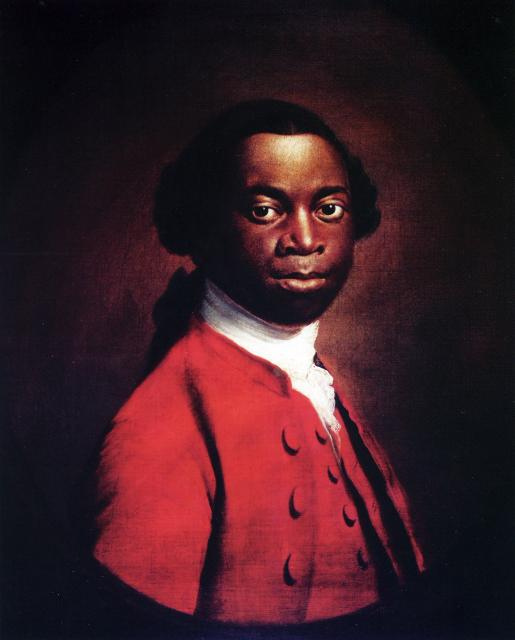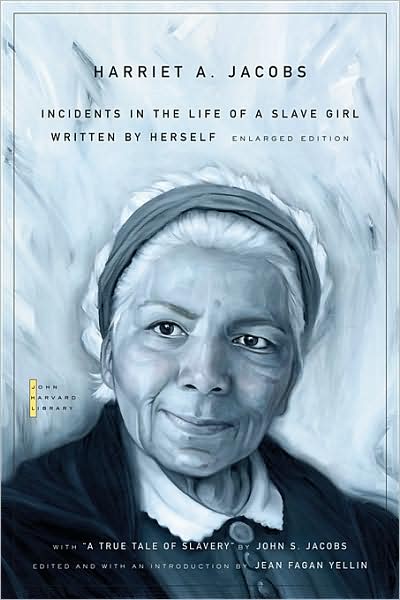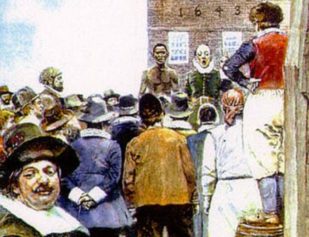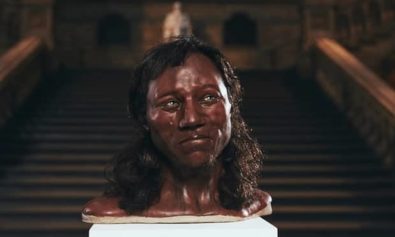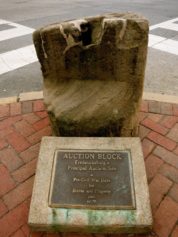The Interesting Narrative of The Life of Olaudah Equiano, Olaudah Equiano (1789)
Equiano’s narrative is unique because he gives readers a glimpse into West African slavery. The story begins with his capture in Africa and slave voyage to the Americas.
Eventually he gains freedom and independence and realizes that slaveholders are not inherently evil, rather the system has made them so.
Equiano is depicted in the film Amazing Grace (2006) and in Grace Unshackled: The Olaudah Equiano Story (2007), an adaptation of his narrative. (Available in print and online.)
Incidents in Life of a Slave Girl, Harriet Ann Jacobs (1861)
The narrative is an account of Harriet Ann Jacobs’ struggle to secure freedom for herself and her children. The narrative focuses heavily on the gruesome sexual abuse African-American women faced during slavery.
Portions of the book were published in the New York Tribune, but ended abruptly because the reports of sexual abuse were too shocking for the average reader at the time.
The book was originally published under the pen name Linda Brent, causing critics to question the authenticity of the story. (Available in print, online.)
